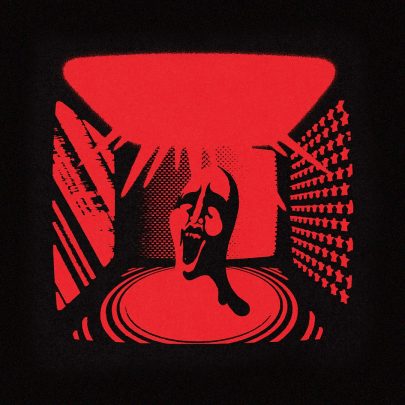Oct 16, 2014 Film & TV
Directed by Matthew Warchus
The Full Monty, Brassed Off, Billy Elliot, Kinky Boots, The Commitments. Nobody does the uplifting working-class ensemble film like the British and their Irish cousins. Pride is the newest entrant to this genre, and from the opening montage – Margaret Thatcher’s dulcet, menacing tone set against footage of British miners protesting imminent closures – to the closing anthem from Billy Bragg – who else? – this film is near perfect.
Pride tells the fantastically true story of a group of 1980s London LGBT activists who, on the basis that the oppressed must support each other, decide to collect money for a small Welsh coalmining town, whose striking miners are being starved back to work.
Next minute, this fabulous gang of outsiders – ‘Lesbians and Gays Support The Miners’ – are rolling up to the village hall to teach the downtrodden Welsh about tolerance, persistence and disco dancing.
With impressive efficiency, Pride ticks off an encyclopaedia of LGBT issues – AIDS, long-term partnerships, comings-out, homophobic beatings, the definition of family, police ignorance, the preservation of gay literature, campness and queerness among them. The humour is necessarily broad but also deliciously specific, as when three of the activists break off to form a lesbian separatist sub-group.
The Welsh get put under the microscope, too, and it’s the women of the town who shine. One young housewife discovers an ambitious streak (she is now a real-life MP), while the old ducks get all the best lines. As with most true-story films, there are some factual alterations to enhance the cinematic story. For the most part they’re nicely handled by the theatre-power team of playwright Stephen Beresford and director Matthew Warchus (who is the new honcho at the Old Vic). Their only real slip is the clunky invention of a bigoted local woman, bitter and meddling and only there to trigger plot points while shouldering the burden of homophobia.
Bill Nighy and Imelda Staunton head up a sensitive cast that includes Sherlock Holmes’ Andrew Scott and The Wire’s Dominic West as long-time partners (Moriarty and McNulty – what a pair!). You haven’t lived until you’ve seen bleached-blond West doing his heroically expressive dance to 1970s disco hit Shame Shame Shame. Mark Ashton – the bequiffed, passionate, short-lived leader of the gays – is played by Ben Schnetzer, a gorgeous young American making his extremely convincing English debut.
Attention to period detail is a huge part of the fun. It’s all batwing sleeves and Bronski Beat, landlines and snail mail. The camera sticks close to the action with a handheld style that adds to the sense of euphoria anyone who’s been on a decent hikoi or student protest or Pride parade will recognise.
And just when the glee has been dialled right up – the gays teach the Welsh men to dance! They take the women nightclubbing! – the miners’ wives tamp it down with a breathtaking version of Bread and Roses. Don’t even try to hold your shit together. I promise you won’t be able to.
Five stars, and three hankies.





